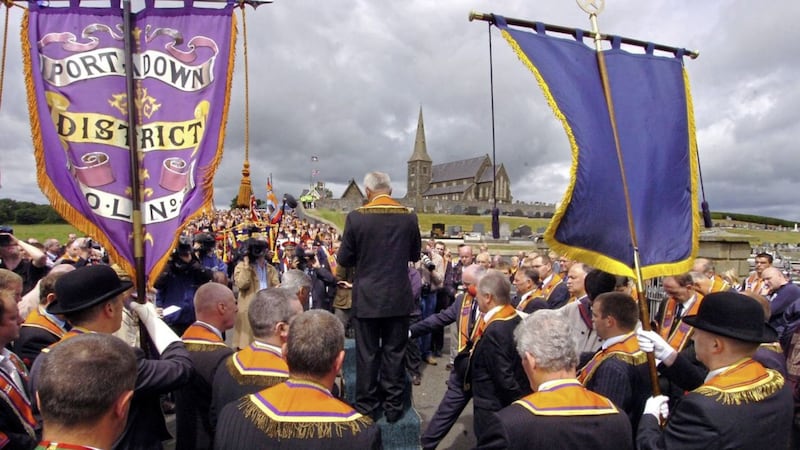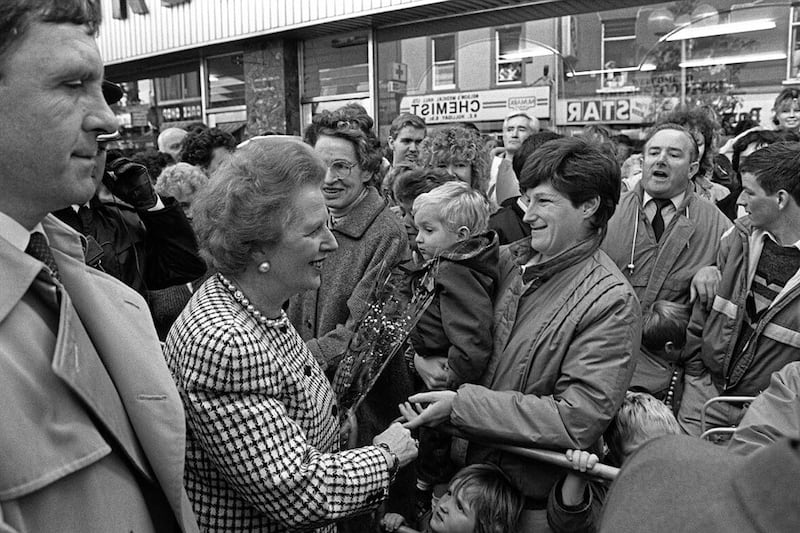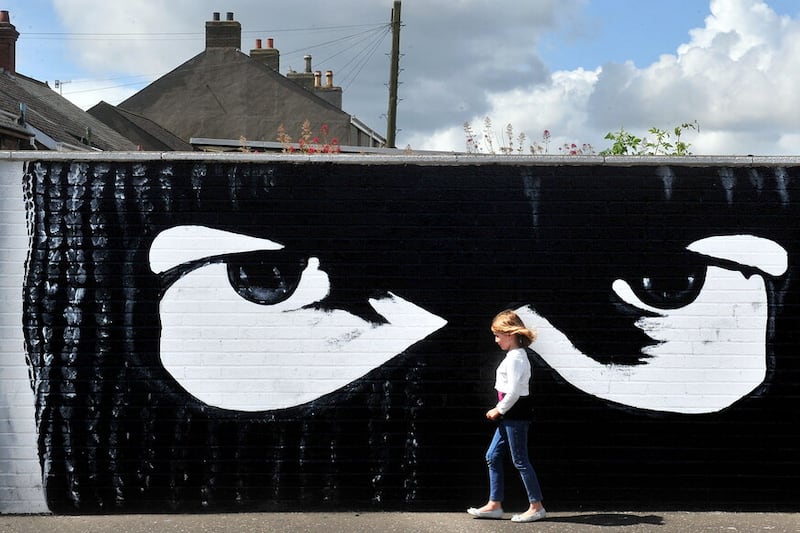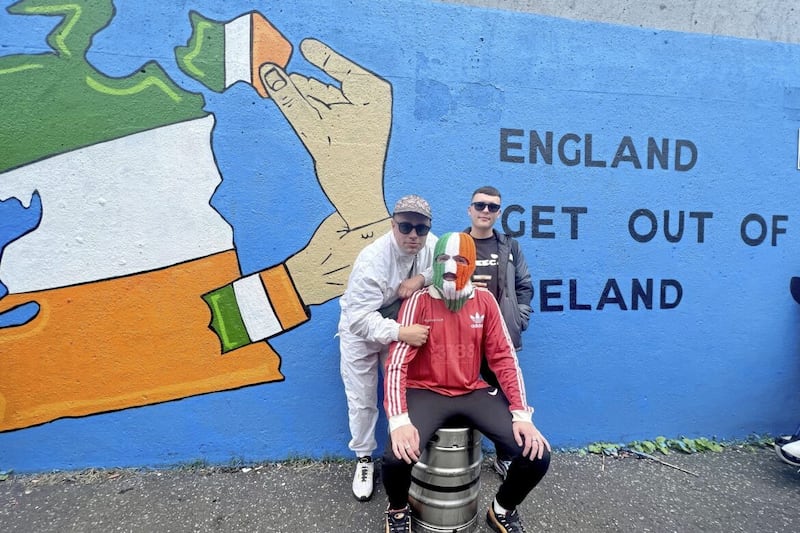There is one thing about the Orange Order which has been consistent over the past fifty years and that has been its uncanny ability to be on the wrong side of history when it comes to Northern Ireland.
Therefore it’s unsurprising to learn they have launched an online petition against the Northern Ireland Protocol.
Frankly, they may as well whistle in the wind. The petition, like the protocol, is going nowhere.
The Orange Order as a political force is in terminal decline.
In fact, it has been suffering from temporary revivals since the late John Laird launched Orangefest in the forlorn hope of turning an outdated sectarian celebration of one community over another into a civic carnival. Even poor old Diamond Dan or Sash Gordon could not sell the order to a new generation.
At one time the order would have claimed membership of one in five of the Protestant community.
These days it would be fair to say it’s not commanding significant support or appeal within large swathes of the unionist population. Even many of its own members ignore the threat of expulsion for attending Catholic funerals or marriages where Mass is celebrated.
Like the one time US government policy about gays in the military, the Orange Order now prefers the “don’t ask, don’t tell'' approach.
But in these modern times the order is far too partial when it comes to politics.
As a cultural and religious organisation, the institution would do better to say clear of mainstream politics but it never seems to learn from its repeated calamitous and clumsy attempts to stop progress and the inevitability of change in civic society. It harks back to an orange-tinted Northern Ireland which has long ceased to exist.
Far from wielding power over Northern Ireland politics, the Orange Order is fatality allowing itself to be used by some politicians.
By hitching itself to the wagon of failed political initiatives and unionist leaders living in denial, the order will be dragged down to the point of irrelevance.
As an observer, it is hard to believe why anyone in 2021 would want to be a member of an organisation which actively excludes fellow citizens on the basis of their faith. A secular and increasingly liberal Northern Ireland populace seems to agree. The Orange Order has yet to adjust to life on the fringes.
That said, the Orange institution is an important educational organisation and has a huge part to play in creating a more informed view of unionist culture within Northern Ireland and the Republic of Ireland. The Orange Order is very much part of the peace-building infrastructure. Republicans and nationalists would do well to remember this when they are being prescriptive about how they would frame a new Ireland. And it will take more than offering to make the Twelfth a public holiday to entice unionists into an all-Ireland nirvana.
This current British government couldn’t give a fiddlers about Northern Ireland, let alone consider going out on a limb with the EU for illiberal and hardcore unionists. Their faux declarations to the contrary barely mask their contempt for billy boy culture.
It’s hard to imagine the tiggerish incumbent of Number 10 Downing Street taking the Grand Master of the Grand Orange Lodge of Ireland to the Carlton Club for brandy and cigars.
The calls for unionist unity over the protocol are doomed to fail, not least because there is a substantial pro-union but non aligned vote which will decide the future of Northern Ireland.
These key voters are not going to be motivated to vote for unionist political parties which are tied to the apron strings of an outdated organisation with roots firmly embedded in sectarianism.
That political unionism still looks to the Orange Order for support demonstrates all too clearly their moribund strategy is one of back to the future with lifeboats at the ready.









